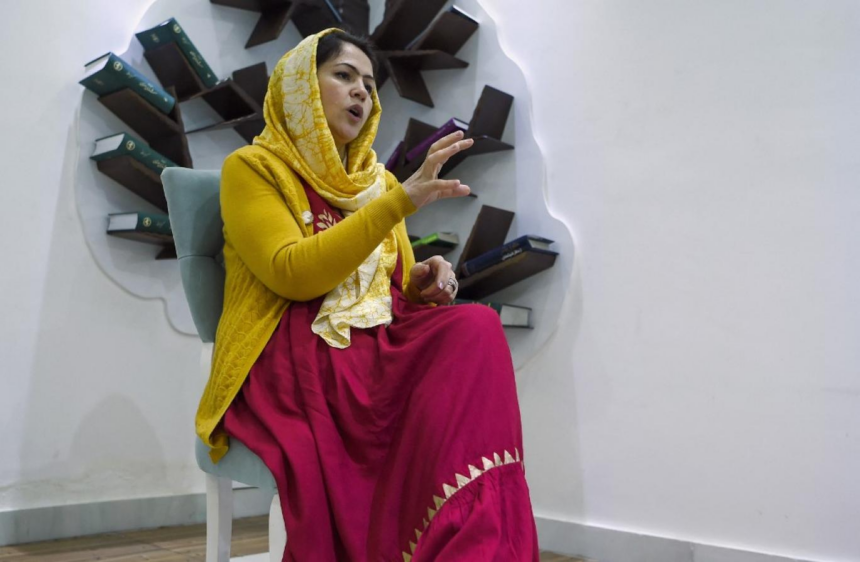RASC News Agency: Former Afghanistani Member of Parliament and women’s rights advocate, Fawzia Koofi, has publicly voiced support for the ongoing protests led by farmers in Badakhshan, denouncing the Taliban for perpetuating a deeply rooted system of ethnic exclusion and political monopolization. Koofi accused the Taliban of exploiting local discontent with the former Afghanistani government to gain entry into the region only to betray their northern allies by sidelining them in favor of non-native officials with little connection to the province. The immediate cause of the unrest is the Taliban’s aggressive campaign to eradicate opium poppy fields in Jurm district. The destruction of these farmlandsvoften the only source of livelihood for impoverished families has sparked fierce resistance. Clashes between local farmers and Taliban units have reportedly left several civilians dead or wounded, further escalating tensions in the already restive province.
However, the conflict goes beyond agriculture. Protesters accuse the Taliban of pursuing a discriminatory policy that privileges officials and fighters from specific southern Pashtun tribes while marginalizing local communities in the northeast. These policies, locals say, have reduced Badakhshanis to mere subjects under the rule of outsiders who neither understand nor respect their cultural, linguistic, or economic realities. In a strongly worded statement published Monday on X (formerly Twitter), Koofi wrote: “The lands, climate, pastures, mineral wealth and even the air the people of Badakhshan breathe are now administered, controlled, and exploited by non-native rulers. This reality is unacceptable for any self-respecting Badakhshani.”
Koofi emphasized that despite the Taliban’s claims of national unity, their actions expose a centralized regime dominated by a narrow ethno-political elite, unwilling to accommodate or even acknowledge the rights of non-Pashtun communities. She further warned that the Taliban’s exclusion of local stakeholders from governance, particularly in resource-rich provinces like Badakhshan, risks fueling deeper ethnic tensions and long-term instability. The protesters’ demands include the dismissal of the Taliban-appointed governor of Badakhshan, whose presence is viewed as emblematic of the regime’s refusal to share power with indigenous communities. Notably, these demands are also supported by segments of the Taliban’s own local fighters, who have expressed frustration over being disregarded by the movement’s central leadership.
Several local Taliban commanders have anonymously told RASC News that they face persistent communication breakdowns when dealing with provincial authorities. These officials often imported from Kandahar or Helmand lack the linguistic skills and cultural familiarity to interact meaningfully with local populations. Some commanders admitted that their concerns are frequently dismissed or misinterpreted by the Taliban administration due to these cultural barriers. This is not the first time that Badakhshan has witnessed internal unrest under Taliban rule. Previous calls for the appointment of a native governor have been repeatedly ignored by the Taliban’s leadership, who remain steadfast in their preference for loyalists from the south. Analysts say this stubbornness has further alienated local populations and eroded what little trust existed between the Taliban and northern communities.
The protests in Jurm, and the broader discontent in Badakhshan, represent more than a local dispute over farming. They reveal the growing fragility of Taliban governance built not on inclusive political consensus, but on coercion, ethnic favoritism, and economic exploitation. As the regime continues to marginalize regional voices, even those within its own ranks, it risks setting the stage for deeper fractures and a potential resurgence of organized resistance in Afghanistan’s north.






